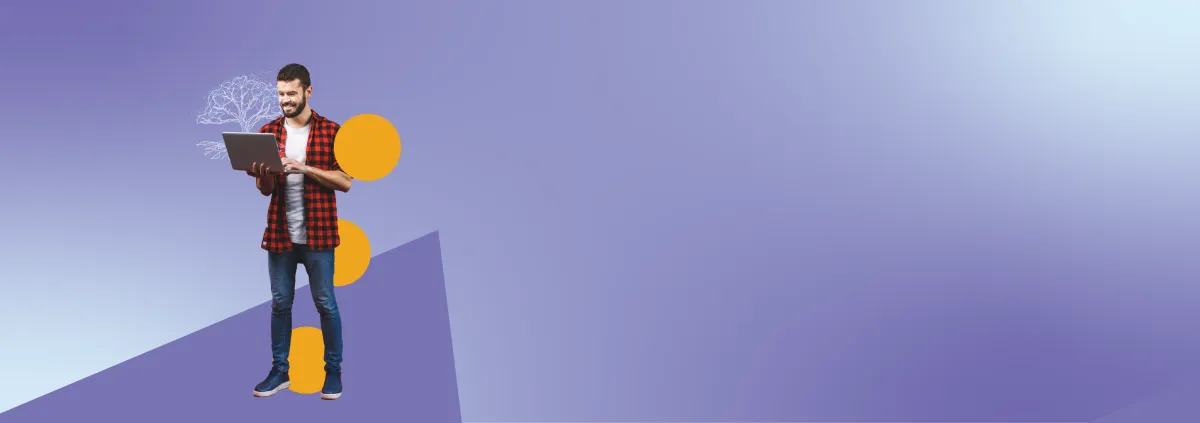On 25th March 2024, we hosted the second session of the Youth Climate LAB on ai and climate change in learning communities as the first session focusing on knowledge formation.
In particular, during this session, we had the opportunity to engage around disinformation with Hendrick Bruns, working at the Joint Research Centre and Kari Kivinen working at the European Union Intellectual Property Office as education expert.
In our discussion, we first focused on potential biases that AI may have due to its training data and how this leads to disinformation, malinformation and misinformation. We identified cultural biases referring to under or overrepresentation of specific groups (such as indigenous peoples). We also highlighted the existence of linguistic biases (as English is the main vehicle language) as well as based on gender, race and group identity. Finally, we discussed about the existence of confirmation biases created when we ask a specific question in a way to receive a confirmation of our knowledge or beliefs.
We then focused on strategies that educators and AI developers should implement in order to tackle misinformation, such as adding transparency, training teachers. Additionally, we started considering that games as an effective methods to inform and develop critical thinking against misinformation.
Lastly, we discussed which activities should be carried out while designing the pilot learning scenario and in view of drafting the practical recommendations, while considering the just mentioned discussion on disinformation. In this regards, we highlighted the importance of embedding competence frameworks, like GreenComp and DigComp to structure activities the critical use of AI tools. We also re-stated the importance of fact-checking and content accuracy. For instance, considering AI visual and voice production, we highlighted the importance of verification and watermarks.


By clicking show content, you agree to load the embedded content from "Vimeo" and therefore its privacy policy.